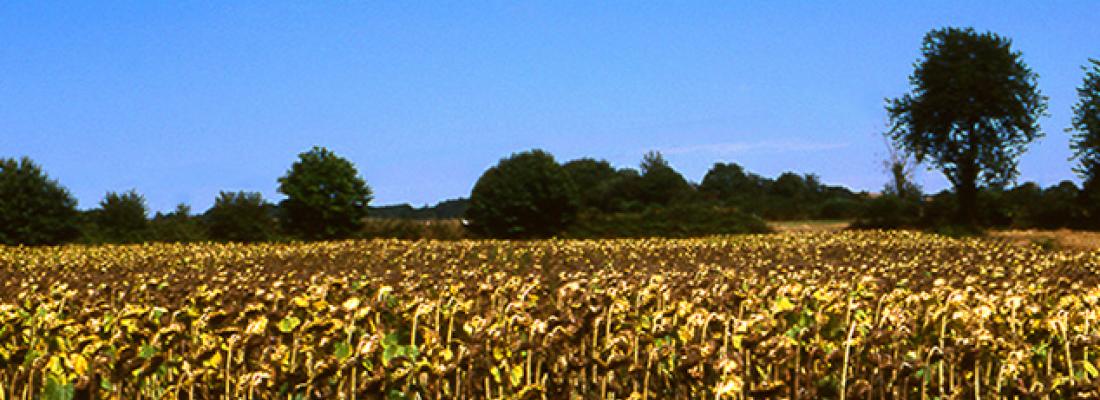Agroecology Reading time 2 min
Drought and agriculture : A collective scientific expert report
Published on 18 October 2006

The prospect of recurring drought episodes like the ones that hit France in 2003 and 2005 has led public authorities to investigate the ways in which agriculture could be made to withstand such risks. Agriculture must maintain its productivity and competitiveness without aggravating tensions over water and increasing the environmental impact. The issue of irrigation, in particular, which is an effective but controversial response to the scarcity of water for agricultural purposes, needs to be studied in the much broader context of relationships between water and agriculture, in which the latter is both a water user and a contributor to its renewal.
The collective scientific expert report conducted by INRA describes the drought situation, then studies the relationships between drought and agriculture as spelled out by two questions: the impact of agriculture on water resources —a public good shared with other users—and the vulnerability of cultivation and production systems to water shortages. It looks into potential means of adaptation to the latter, at the level of the plant, the crop, and the cultivation system. The report also assesses the leeway, the available tools, and the limitations of these adaptations. Finally, it analyses the organisation of water management from an economic and legal standpoint, wherein agriculture is but one of many players.
Conclusions from the collective scientific expert report, drawn from the compilation of international pluridisciplinary scientific knowledge in order to study these issues, have been published as a report and a summary. They were presented and discussed with the general public on 19 October 2006.
The report helped distinguish the points of scientific contention and the knowledge gaps that need to be filled so that issues raised can be addressed. In addition to its agricultural relevance, the report forms a basis for discussion between the parties involved in questions of water use.
